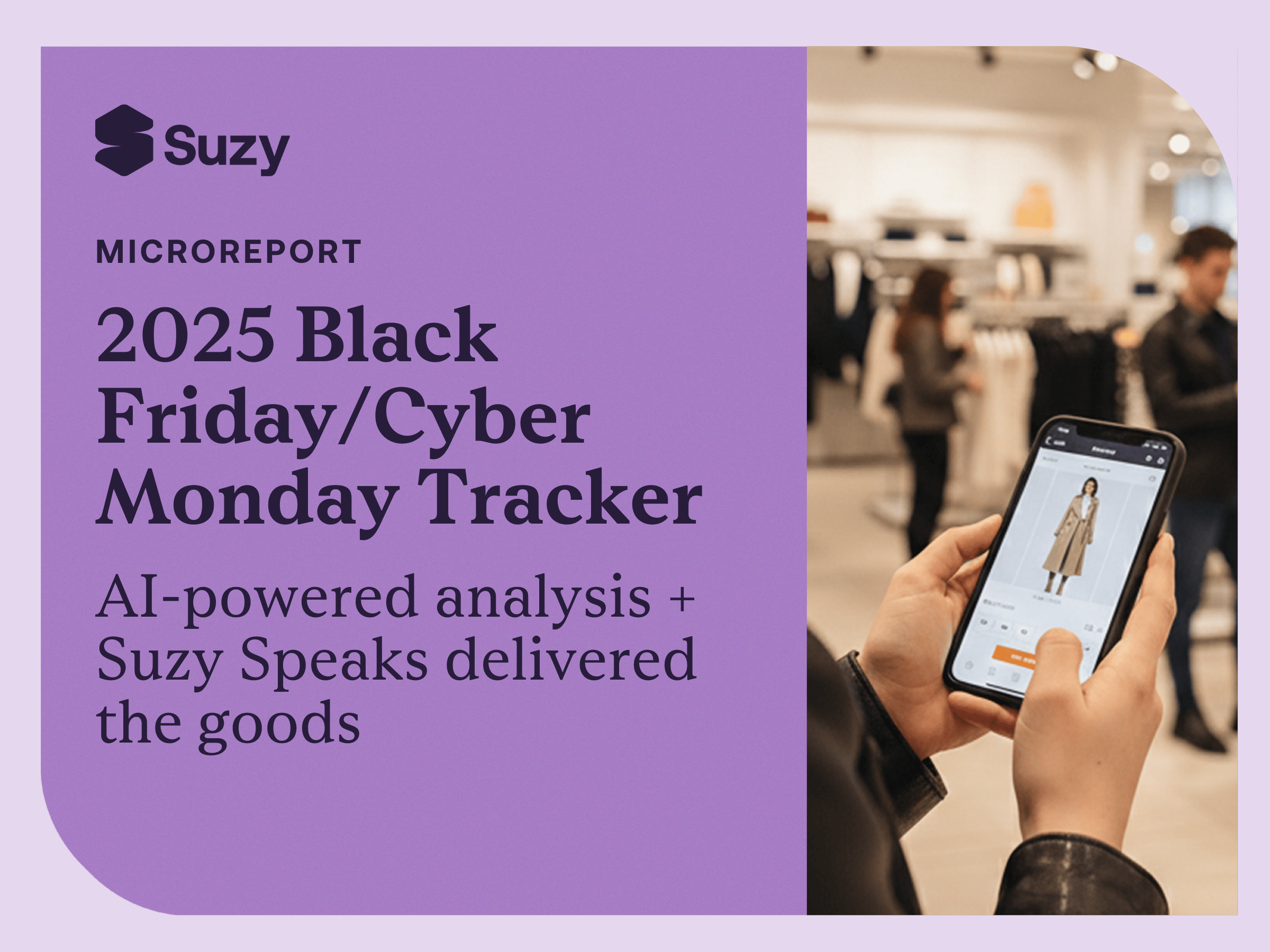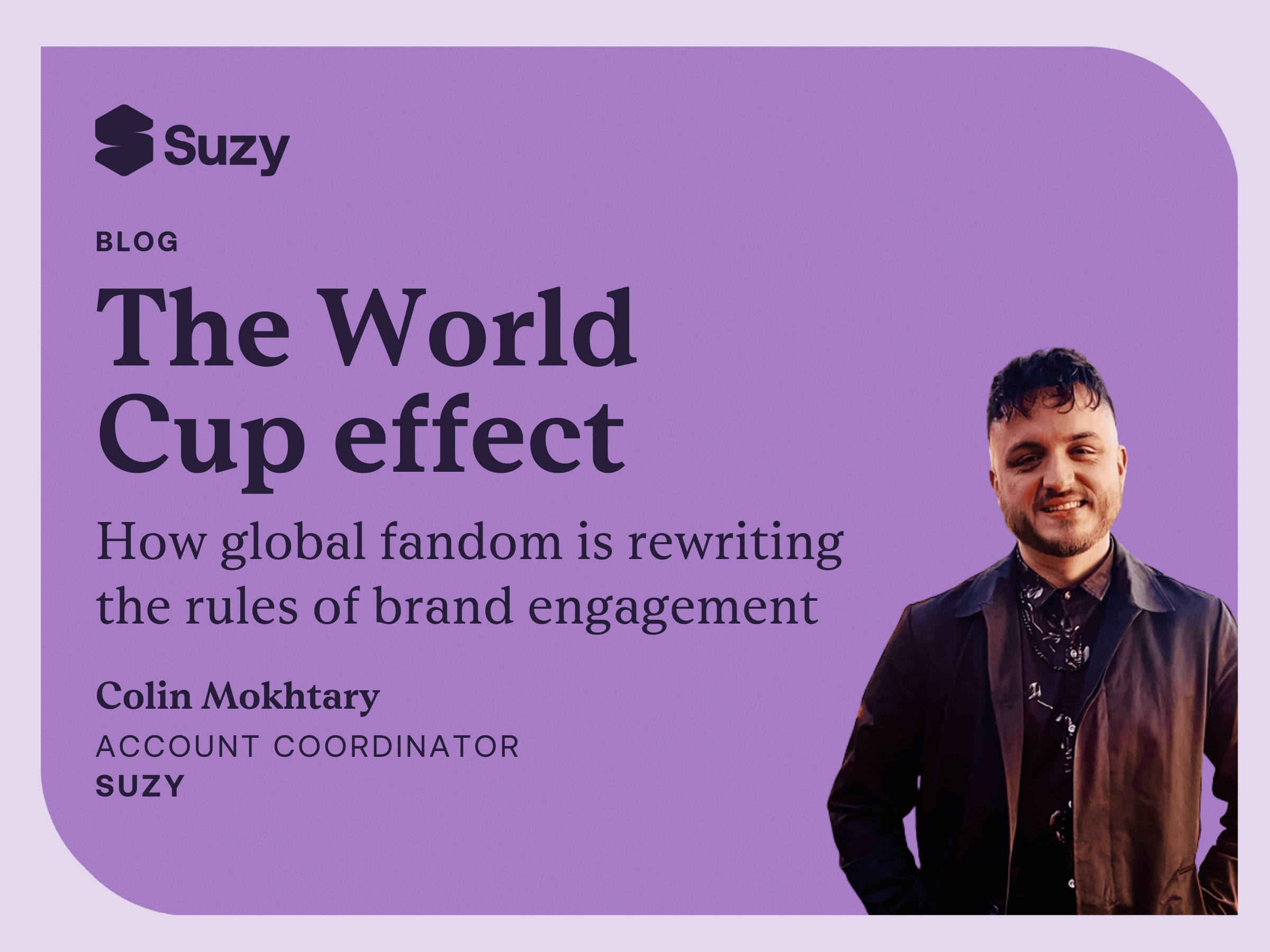Discover how integrating neurodivergent perspectives can offer your business a competitive edge and foster a more inclusive society.
By: Kelley Nulton, VP, Sales
The inspiration for this blog comes from a deeply personal place, reflecting both admiration and a newfound understanding. Growing up, I was always passionate about inclusivity, actively participating in programs like Best Buddies and the Special Olympics. However, it wasn't until I listened to Maureen Dunne, a cognitive scientist and author, speak on the Armchair Expert podcast about her book, The Neurodiversity Edge, that I truly grasped the scope of neurodiversity and its critical importance. Additionally, witnessing the dedication of my greatest mentor, whose child has autism, and the sacrifices made by countless families long before the term “neurodiversity” gained recognition, has profoundly shaped my perspective. This blog pays homage to those pioneers, celebrating their resilience and dedication.
Having spent the last 11 years in market research and this past year at Suzy, I've come to realize the immense value that understanding and implementing neuro-inclusive practices holds for businesses. This isn't just about fulfilling an inclusion quota; it's about recognizing that embracing neurodiversity provides a tangible asset to businesses and enriches the consumer landscape. In a capitalist market, businesses and brands must acknowledge the significant benefits they can gain from hiring and engaging with the neurodiverse population. As consumers, it’s on us to pressure the powers that be to take neurodiversity seriously, adopting an “I’ll believe it when I see it” mentality to ensure real change.
Before diving into specific strategies the market research industry can employ, let’s take a step back to fully understand what it means to be neurodivergent.
Understanding Neurodiversity
Neurodiversity refers to the variation in the human brain regarding sociability, learning, attention, mood, and other mental functions. This includes conditions like autism, ADHD, dyslexia, and others, which influence how individuals perceive and interact with the world.
Neurodivergent individuals, which represents roughly 15-20% of our population (and that statistic is thought to be on the rise) often experience the world differently. For example, someone with autism might have heightened sensory sensitivity, while a person with ADHD may face challenges with sustained attention. These differences can significantly impact how individuals perceive and interact with products or services, thus influencing their consumer behavior. Understanding this is the first step in acknowledging the rich tapestry of human cognition and the diverse ways in which we experience and interpret our environment.
The Importance of Inclusive Market Research
Inclusive market research that considers neurodiversity can uncover insights that might be overlooked in a more homogeneously designed study. By understanding the unique needs and behaviors of neurodivergent individuals, companies can develop products and services that cater to a broader audience, ensuring that they are accessible and appealing to all users.
Strategies for Conducting Inclusive Research
Embracing neurodiversity in market research not only aligns with ethical practices but also opens doors to a deeper understanding of consumer needs and behaviors. Here’s how researchers and companies can foster an inclusive environment:
- Inclusive Recruitment: Modify recruitment materials to be accessible and explicitly invite participation from neurodivergent individuals.
- Adaptable Research Methods: Use straightforward language in surveys and allow for various communication preferences in interviews. Consider sensory sensitivities and learning styles in usability testing.
- Training and Awareness: Educate staff on neurodiversity to enhance support and accommodations for participants during research.
- Flexible Response Acceptance: Be open to non-standard feedback and diverse expression forms, ensuring all voices are heard and valued.
- Ethical Engagement: Ensure all participation is informed and consensual, with clear communication of research goals and methods.
- Iterative Feedback Incorporation: Utilize insights from neurodivergent participants to refine products and services continually.
By integrating these practices, businesses can not only enhance the accuracy of their research but also broaden their consumer base by accommodating the needs and preferences of a more diverse population, since roughly a fifth of the population is considered neurodivergent. This will propel businesses forward while also contributing to a more inclusive society.
The Benefits of Neurodiverse Market Research
While enhancing inclusivity, incorporating neurodiversity into market research also enriches the quality of data and insights. For example, a telecom company might find through inclusive testing that neurodivergent users favor certain communication tools or service interfaces. These insights could drive more intuitive user interfaces and customer service protocols, boosting usability and customer satisfaction while fostering innovation across the company’s offerings.
Without neurodiverse research, brands are ignoring upwards of 20% of their customer population, which is a significant oversight. By understanding the needs and preferences of a wider segment of the population, companies can increase and enhance the marketability of their products that resonate with more consumers.
Conclusion
Market researchers and companies that invest in understanding and implementing neurodiverse-inclusive practices stand to gain a competitive edge. They not only contribute to a more equitable and just society but also tap into a wellspring of insights that could drive the next generation of product development and innovation. Embracing neurodiversity in market research is essential for businesses aiming to thrive in a diverse world.
P.S. What about Suzy?
I’d be remiss if I didn’t round out this blog with my shameless Suzy plug. After educating myself on this topic I quickly pivoted to understand - and cross my fingers - that Suzy was embracing neurodiversity in our market research and employee hiring practices.
Phew!
Suzy (a consumer intelligence platform that provides real-time data and insights to help businesses make informed decisions by engaging directly with their target audiences) is deeply committed to neurodiversity inclusion. By creating an environment that respects and acknowledges the wide range of human cognitive experiences, Suzy ensures that all users, including those who are neurodivergent, can effectively engage with its tools.
To make its platforms accessible to neurodivergent individuals, Suzy has implemented several key features:
- Clear and Simple Interface: Suzy's platform features an intuitive design that minimizes complexity and cognitive load, enhanced with customizable settings to reduce sensory overload and accommodate personal preferences.
- Accessibility Features: Incorporates text-to-speech for users who prefer auditory information processing, along with visual aids like icons and images that simplify and clarify information presentation.
- Operable and Consistent Navigation: The platform supports various input methods, including keyboard navigation, ensuring accessibility for users with different physical needs, while maintaining a consistent layout to reduce cognitive effort and support users who benefit from routine.
- Responsive Customer Support: Suzy’s customer support team is equipped to address diverse needs, ensuring that all users can fully utilize the platform and navigate its features effectively.
Last but not least, Suzy is committed to fostering an inclusive workplace, particularly for neurodivergent employees. Our hiring process starts with a clear understanding of the essential tasks and skill sets required for each role. We then reach out to diverse talent pools by partnering with appropriate communities. Our recruitment strategies are tailored to meet the unique needs of these communities, ensuring all candidates have the opportunity to excel. This approach enhances team diversity, enriches our culture, and drives innovation within the organization. By prioritizing inclusivity, Suzy ensures a supportive environment for all employees - which I am so proud to be a part of.
.webp)







